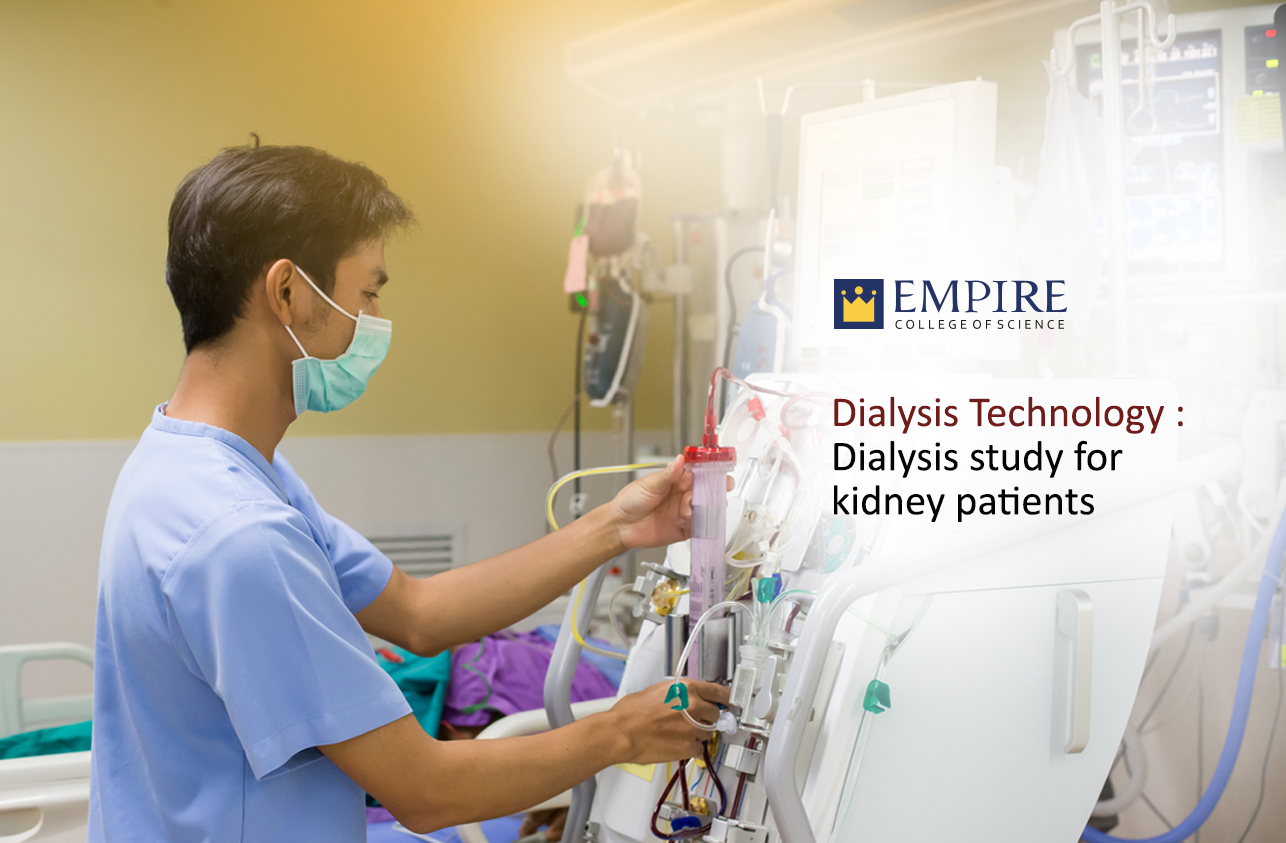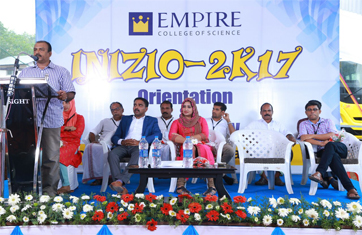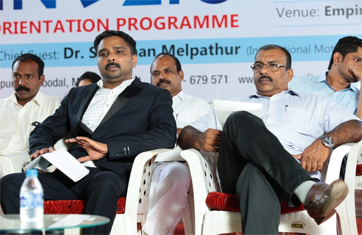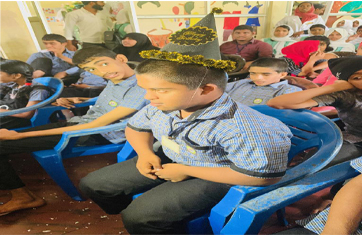Dialysis Technology : Dialysis study for kidney patients

- 25 May
- 2023
In recent years, dialysis has become a very important treatment option for those suffering from kidney failure due to the advances in medical technology and the enhanced understanding of treatments. Dialysis is used to cleanse the blood of the toxins that build up in the body as a result of the kidneys not working properly. Without this cleanse, the toxins can build up to dangerous levels and cause serious health consequences.
Therefore, with a better understanding of dialysis and the specific treatments necessary for those with kidney disease, many kidney patient organizations, such as the National Kidney Foundation, are encouraging more studies to be conducted into dialysis treatments. One type of study being conducted is a dialysis study for kidney patients.
The purpose of this study is to better understand how dialysis works and how best to manage treatments for those with kidney failure. It seeks to document and review the existing literature about dialysis, analyze and compare the outcomes of different dialysis protocols, and determine how best to improve dialysis success. Additionally, this study looks to identify any risks or benefits associated with dialysis treatments, so that treatment protocols can be better tailored to individual patients and their care needs.
This dialysis study is a vital tool in learning more about the effects of dialysis on kidney patients. It will give important insights to healthcare providers as well as patients themselves, so that they can make more informed choices about their treatment process and the likelihood of successful results. Ultimately, it is hoped that this study will provide further evidence-based research in order to help ensure that people with kidney failure receive the best care possible.
As we go through the time of caring for diseases, the health sector needs to move forward with the same strength. Man's lifestyle is strained by various diseases. Kidney diseases are also common among such diseases.
The role of dialysis in the attack of kidney diseases is not small. Dialysis is a blood purification process associated with kidney diseases. Let's get rid of the myth that anyone working in the health sector can perform dialysis on the basis of a doctor's prescription.
It is a study of the equipment used for dialysis and the method of dialysis. Dialysis is conducted under the supervision of a doctor and is led by people in the field of dialysis. They care for patients and handle surgical instruments during dialysis and kidney transplant surgery.
BSC Dialysis, MSC and PHD courses are also available in this category. Diploma courses can also be done. Diploma courses are of two years duration. It is a field that offers many career opportunities in public and private hospitals, healthcare clinics, research centers and educational institutions.
Dialysis Technician, Nephrologist, Dialysis Therapist, Dialysis Assistant, Medical Laboratory Assistant, Medical Technicians etc., Dialysis graduates can work through many job titles.
Students with 50% marks in science subjects in Plus Two can join the degree course. Some campuses conduct admission on the basis of entrance exam.
Dialysis is a process that filters the blood and removes waste and excess liquids from the body of kidney patients. It is a lifesaving measure for those who suffer from an acute or chronic form of kidney failure, and it is typically recommended for those who have a GFR (glomerular filtration rate) of less than 15 mL/min. In the U.S., most dialysis patients receive three treatments per week, on average, although some people with very severe conditions may require more frequently dialysis sessions.
The purpose of this dialysis study is to learn more about the various outcomes associated with different types of treatments, the specific needs of different patients, and to understand the impact of dialysis on the overall quality of life of a person who has experienced kidney failure. For this research, a variety of clinical indicators and tests will be collected from study participants to measure changes in their physical and mental health needs. The patients in the study will also be asked to respond to a range of survey questions about their experience with dialysis in order to gain a better understanding about how it has affected their daily life.
One of the primary benefits of this dialysis study is that it could help to inform current and future healthcare providers about what works best for each individual patient, and it could help to identify any gaps in service or unmet needs that need to be addressed. This would help to improve patient outcomes, reduce potential complications, and increase the likelihood of successful dialysis treatments.
It could also help to inform the creation of new guidelines, which could help those who are considering or receiving dialysis treatments. The findings of this dialysis study may help to improve the overall quality of life of those living with kidney failure, and it could serve as an important tool in helping patients and their care teams make important decisions about the treatment options available. It could also make a significant impact on the way that healthcare providers approach the management of kidney failure in the future.
To know more about : Diploma in Dialysis Technology
Visit Our Website : www.empirecollege.in
Empire College of Sciences is one of the best paramedical colleges in Kerala with some of the best paramedical courses to offer to aspiring students. Empire College is also known as best Food Technology colleges in kerala. Empire College is also known as the best hospital-oriented courses & colleges in Kerala. We provide the necessary guidance to help you achieve something big in your life. Choose a course that can ensure you a brighter future. Empire College has been provided job-oriented courses in paramedical.Here at Empire College of Science Malappuram, the best paramedical college in Kerala, we offer a variety of courses for your better career.





